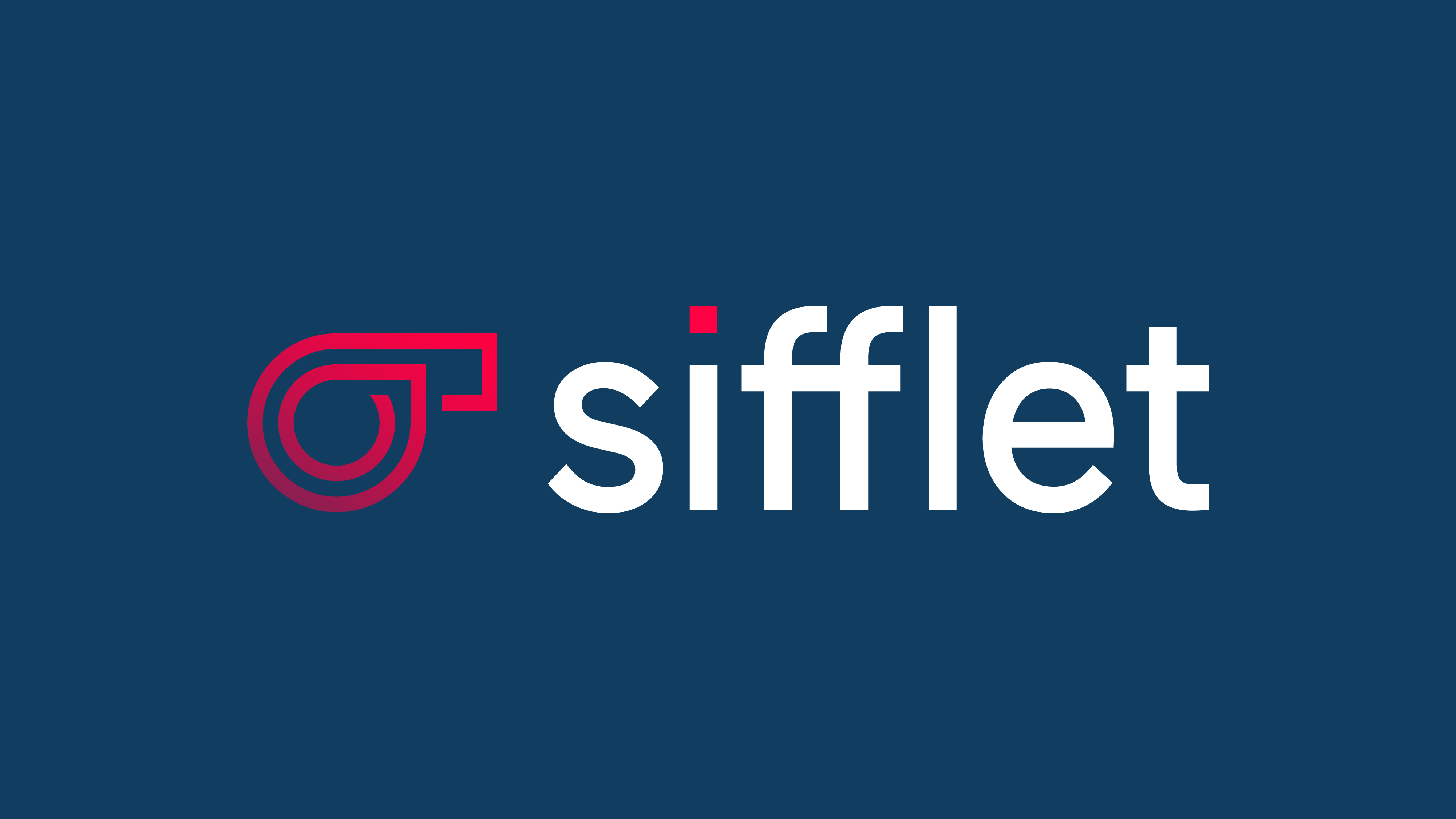Overview

Sifflet is a Full Data Stack Observability Platform on a mission to reduce Data Entropy.
Our solution maps all dependencies across the entire life cycle of your data - from ingestion to BI tools.
Updated 4 months ago

Sifflet is a Full Data Stack Observability Platform on a mission to reduce Data Entropy.
Our solution maps all dependencies across the entire life cycle of your data - from ingestion to BI tools.
Updated 4 months ago